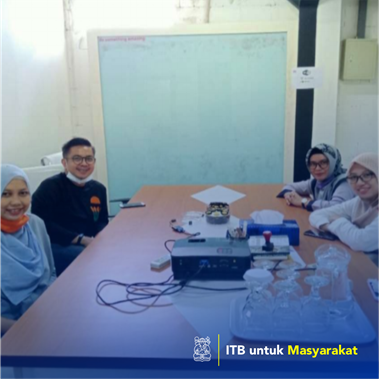

Tuntun Salamatun Zen
The growth of Micro, Small and Medium Enterprises (MSMEs) in Indonesia is increasing every year. According to data from the Ministry of Cooperatives and Small and Medium Enterprises, in 2018 MSME players in the country reached 64.2 million.1 This number is predicted to continue to increase in line with technological advances and the potential for growing human resources. The high growth of MSMEs has provided a breath of fresh air for the economy in Indonesia, one of which is by successfully opening up many new jobs. The lack of working capital is the most basic problem for MSMEs. As a result, entrepreneurs cannot increase their production volume to achieve more turnover. New business ideas for business expansion often have to be put away because of this one problem. The root of this problem is actually very classic. MSME entrepreneurs often find it difficult to find financing capital from banks, because of the many unfulfilled requirements. MSMEs may have many business ideas to develop their business, but they have to stop because there is no additional capital. If traced back, many MSME players have difficulty obtaining additional capital. This is in line with the results of a survey conducted by Pricewaterhouse Coopers, in which 74 percent of MSMEs in Indonesia have not had access to finance. The
Penerapan Karya Tulis
Micro, Small and Medium Enterprises (MSMEs) sector is the sector most affected by the 2019 Corona Virus Desease pandemic (COVID-19 ) in Indonesia due to decreasing public purchasing power, even though this sector has a very large role in the Indonesian economy. MSMEs have a contribution of 60.3% of Indonesia's total gross domestic product (GDP). In addition, MSMEs absorb 97% of the total workforce and 99% of total employment. Therefore, in the National Economic Recovery Program (PEN), the government takes policies to restore MSMEs. One of the policies pursued is to allocate State Capital Participation (PMN) to State Owned Enterprises (BUMN) aimed at helping the recovery of the MSME sector.